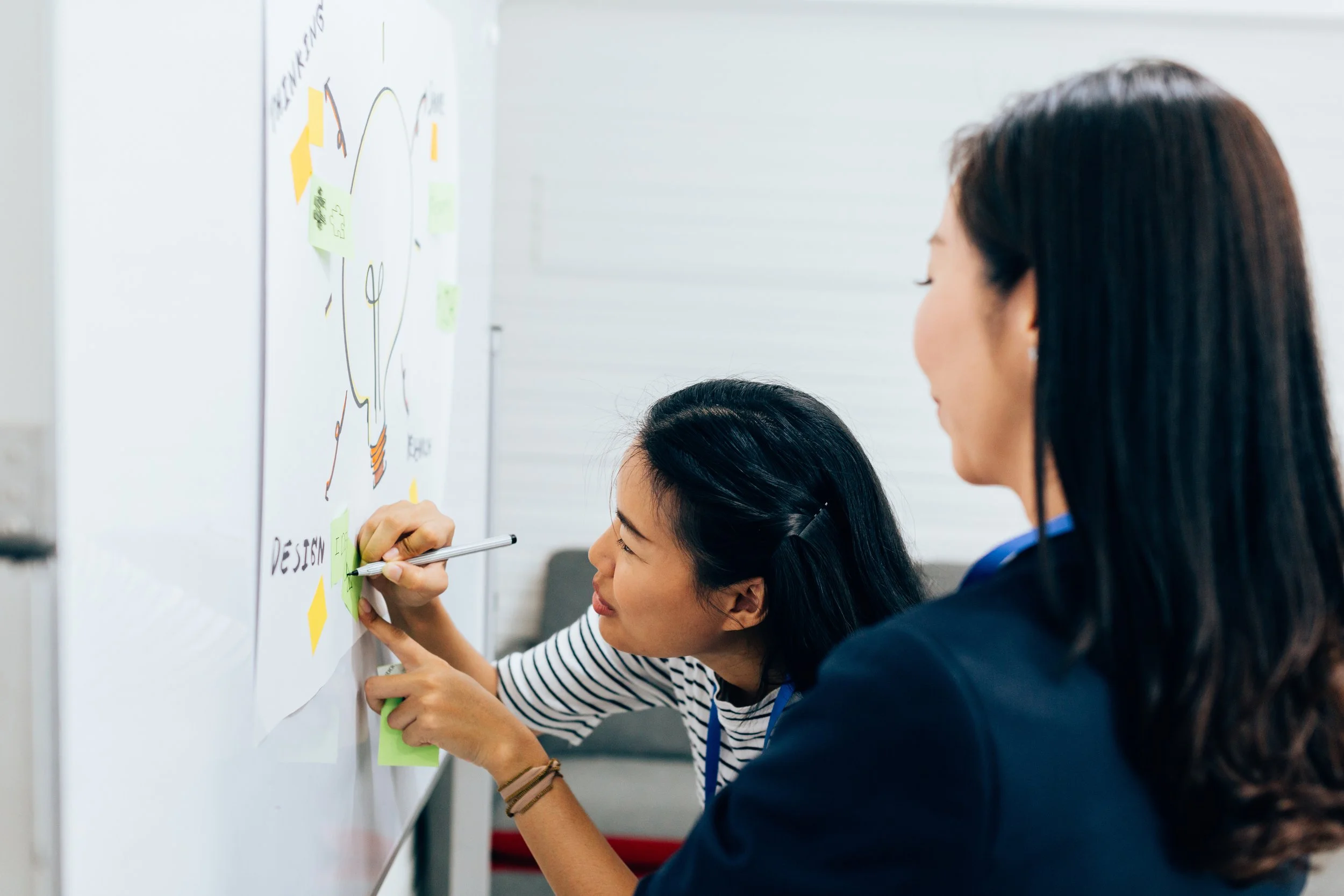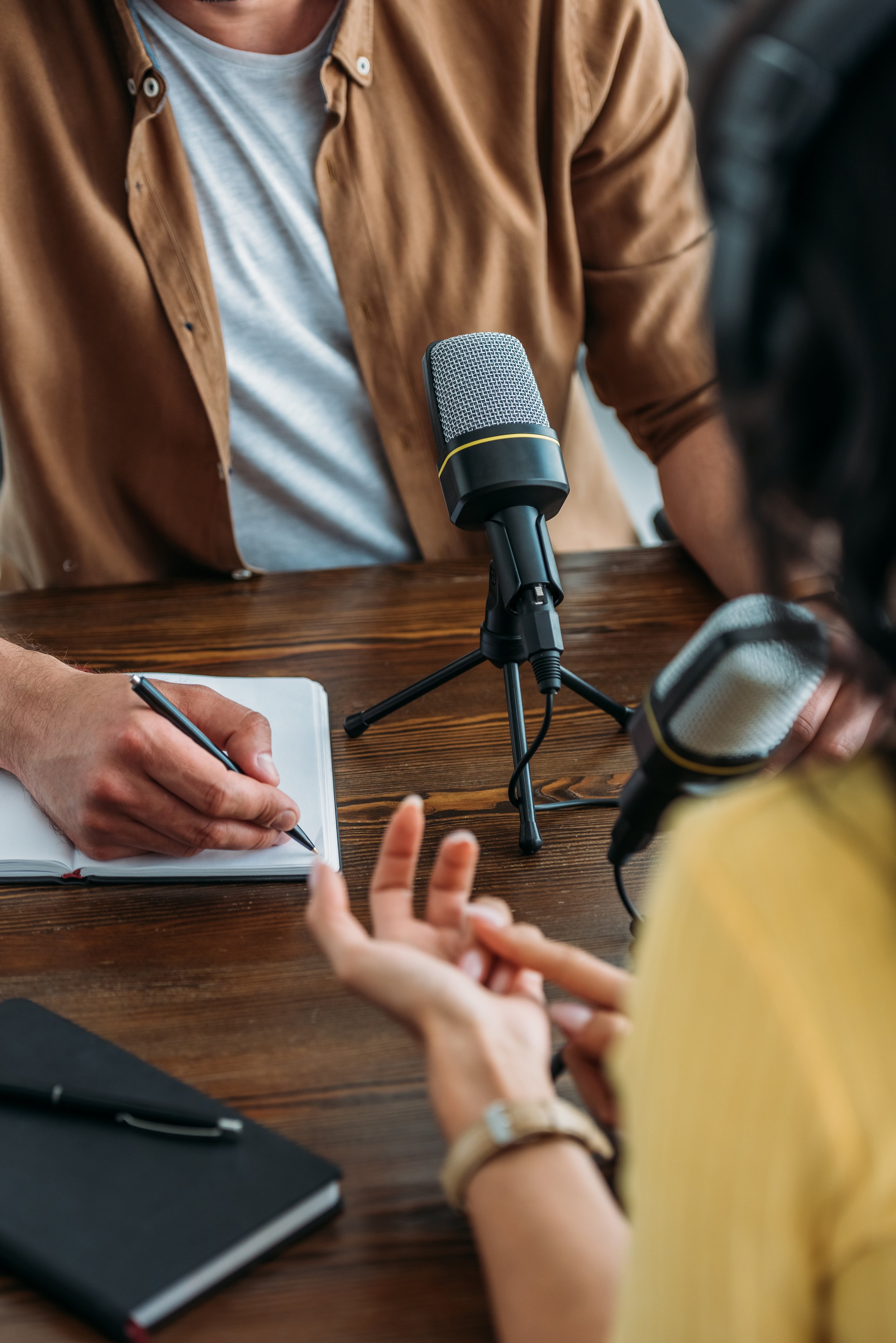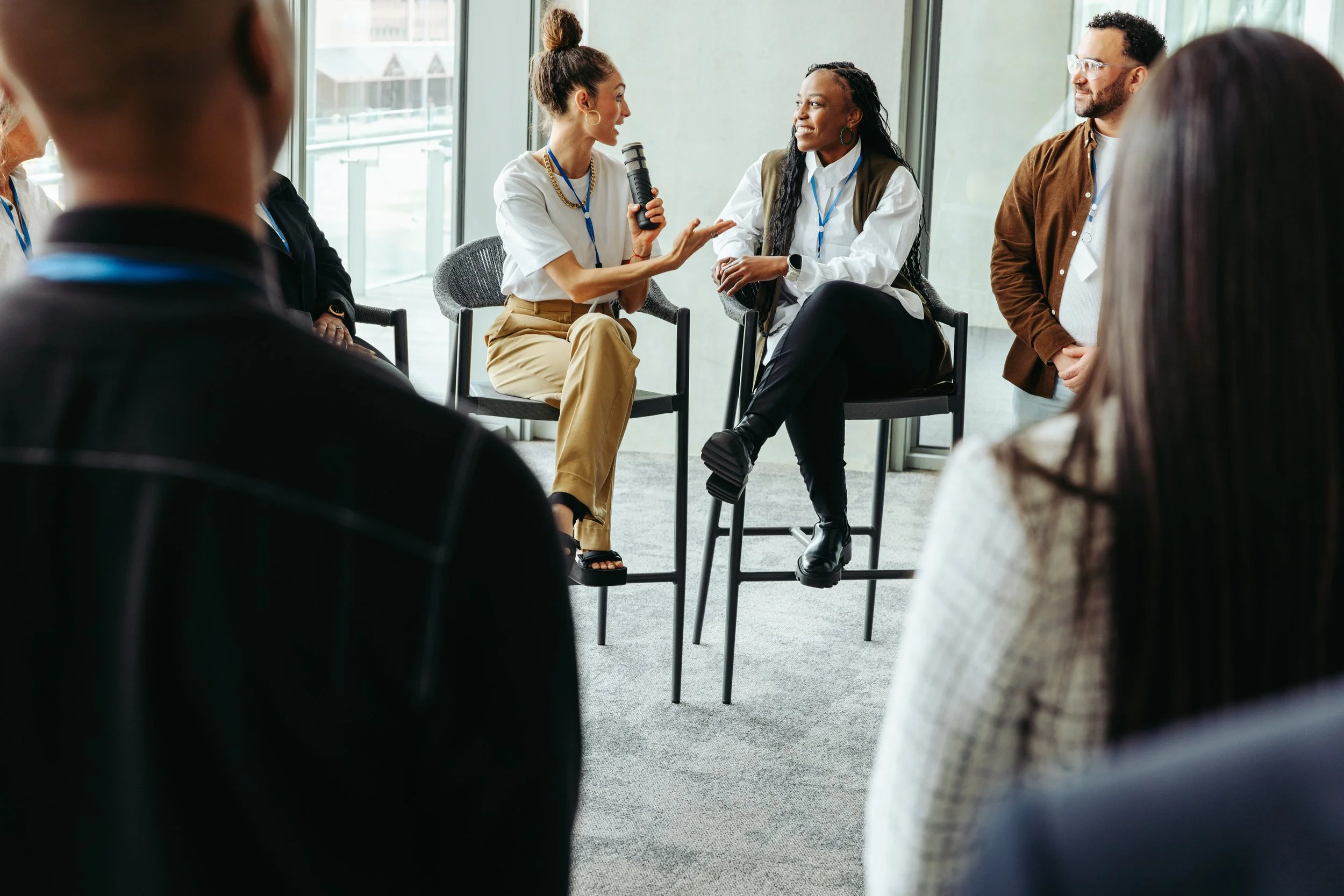The Public Ethnography Lab was founded with the guiding theory that ethnographic practice is a critical tool in the pursuit of meaningful societal change.
Background
For the last twenty-plus years, ethnography has remained a trusted, versatile and necessary tool for the founder of the Public Ethnography Lab, Thurka Sangaramoorthy. Throughout her careers in both the academy, government, and industry, ethnography has been a core element of her approach, regardless of the context. Yet Sangaramoorthy assessed that the resources and recognition for ethnographic practice and other qualitative research did not reflect what her decades of experience proved true: that ethnography has a central role to play in bettering policy and practice across government, non-profit, and research spaces and that ethnography should not be confined to the academy. Within this gap, she saw an opportunity to cultivate, support, and expand ethnographic practice.
Mission
The Public Ethnography Lab (PEL) seeks to build interest, support, and resources for qualitative and ethnographic research in academic, government, non-profit, and other sectors. Using ethnographic approaches and orientations that illustrate the interdependence of knowledge and action, PEL promotes ethnographic praxis and collaborative action-oriented scholarship to understand and alleviate contemporary social challenges. PEL creates spaces for deep community engagement with practical research tools and skills to gather timely information on emerging problems, accompany communities in problem-solving, foster new collaborations, and inform institutional and policy changes.
Strategic Vision
The Public Ethnography Lab seeks to:
[1]
Foster, promote, and increase the use and appreciation of ethnographic methods
Hosting trainings and workshops on ethnographic methods
Creating accessible educational materials and opportunities for people inside and outside of the academy
Connecting ethnographic practice within the current job market
[2]
Support students, practitioners, and organizations in their ethnographic practice
Connecting students and practitioners to job, research, and training opportunities
Designing experiential learning opportunities such as alternative breaks and field schools
Creating a support network for ethnographic practitioners
[3]
Create ethnographic collaboration in order to advance community-driven social change
Developing and running participatory research projects
Creating opportunities for engagement and knowledge exchange between researchers and broader publics
Funding ethnographic research
Ongoing Work
We are working to design and implement a range of resources, programs, and offerings in service of all those interested in ethnographic practice — students, ethnographic practitioners, non-profits, policymakers, researchers, and more. Learn more about our successes so far, as well as a sample of our upcoming plans and projects.
Year 1: 2024-2025
Physically established of the lab in the Department of Anthropology at American University
Hosted a workshop series, Life After Graduation, to assist students in translating their ethnographic skills in resumes and job applications
Prepared students for conference presentations with trainings on abstract writing and hands-on feedback for presentations
Earned grant funding for the Department of Anthropology to revitalize the annual Public Anthropology Conference
Year 2: 2025-2026
Launch In the Thick of It, the lab’s podcast
Fostering a network of ethnographic practitioners through the monthly Ethnography Coffee Hour
Creating mechanisms for connecting students to work, training, and research opportunities, such as the Summer 2025 Anthropology Salon
Support and run sessions at the 2025 Public Anthropology Conference
Launch an online, open-access publication, Semi-Structured, on applied ethnography through the lab website
Launch the Job Hub
Year 3 & Beyond
Foster community-based projects for alternative breaks and field schools
Pursue additional funding for longer, more expansive workshops
Create Student Fellowships in the lab
Provide seed funding for ethnographic projects
Host short courses and trainings on methods, ethnographic theory, ethics, data management, and software
Grow the Job Hub and increase connection opportunities between employers and students
Want to be a part of our growth? See how to get involved.
What We Are Working On
Recording the first season of our lab’s podcast, Everyday Inquiry
Hosting in-person events (lecture series, coffee hour) locally in D.C.
Assisting the coordination for the 2025 Public Anthropology Conference





